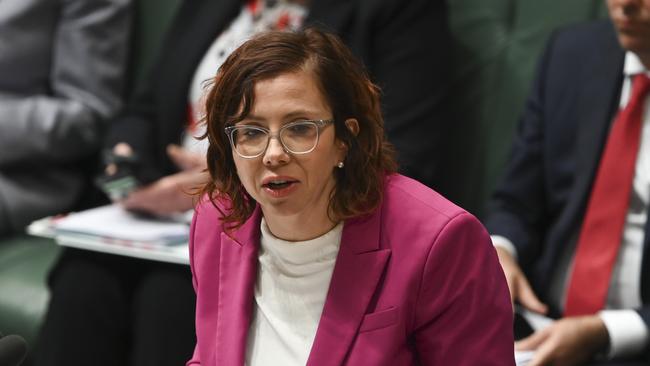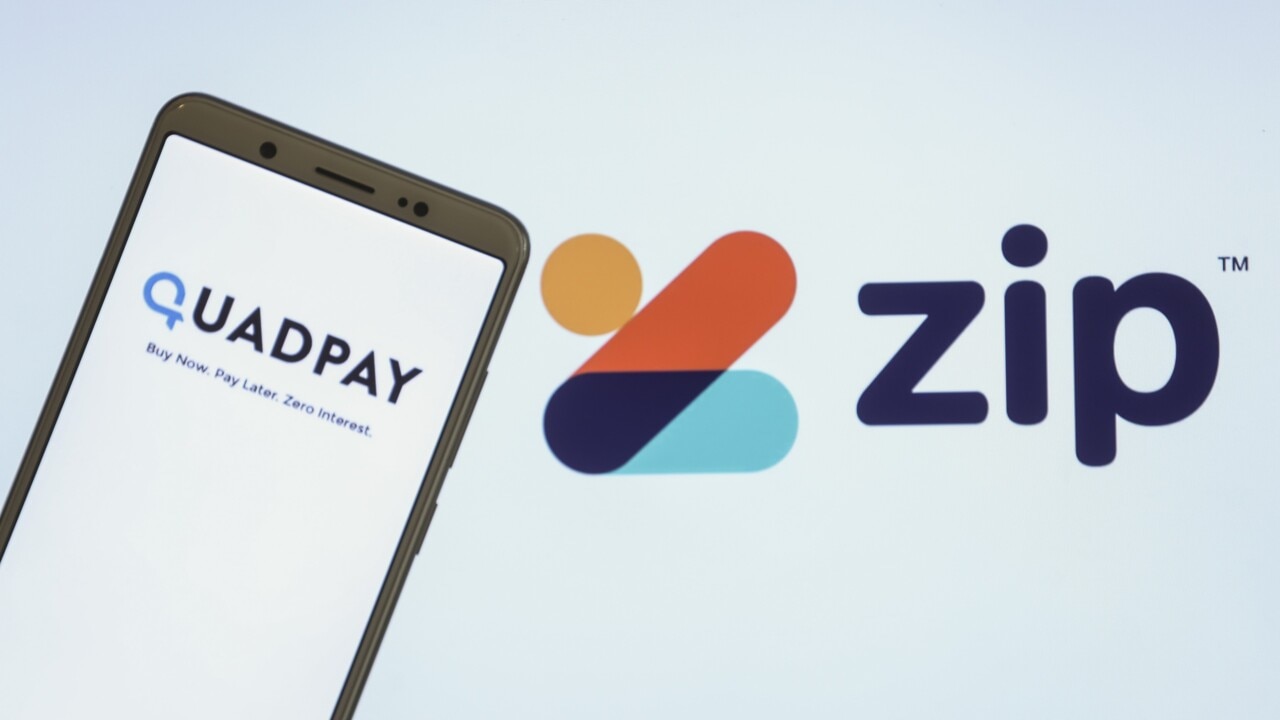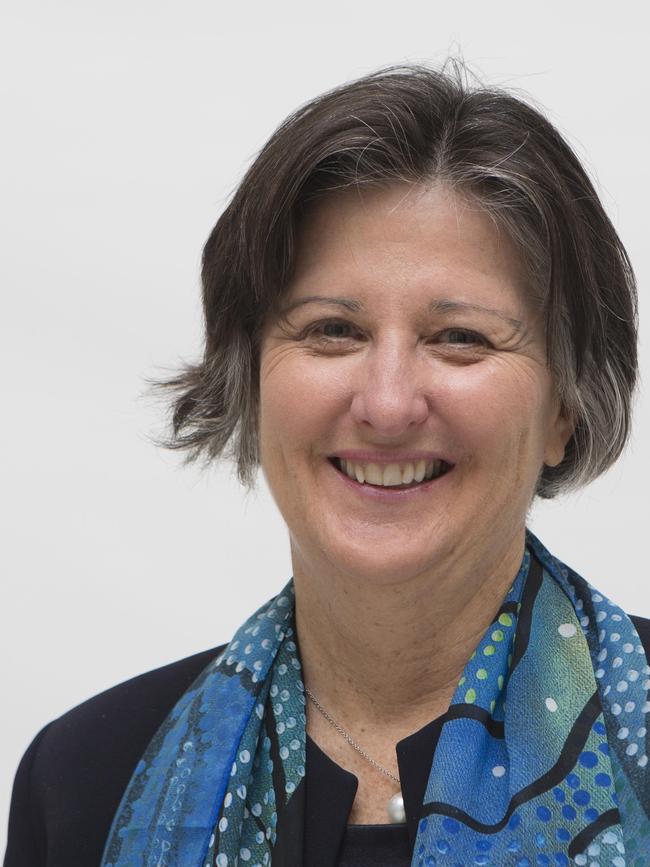Optus among financial counselling funding holdouts
The shortage of financial counsellors to help some of the nation’s most vulnerable will be partly filled with new funding from some private sector sources, but Optus has opted out.

Optus remains a key holdout from a new government-industry partnership to put more counsellors on the ground to support Australians in financial strife.
While the banks, insurers, energy retailers, the gambling industry and its rival Telstra have tipped in funding totalling $30m over the next three years to help supply more financial counselling services, Optus has opted out.
Other holdouts are telcos such as TPG Telecom and Aussie Broadband, the water utilities and non-bank lenders, with the exception of Afterpay.
They left the funding about $7m a year short of the $18m a year private sector contribution needed to bridge a nationwide shortage of financial counselling services.
More than 300,000 people a year are provided with support and advice through financial counselling, but demand for this vulnerable cohort is outstripping supply.
Despite the funding shortfall the federal government will push ahead with the voluntary program, with social services minister Amanda Rishworth saying the “extra $10 million a year in industry funding could help more than 25,000 people access services like face-to-face appointments with financial counsellors or the National Debt Helpline.”

“(This) is our starting point, and we will continue to expect full sign-on. We are working to secure the additional funding from industry, and I anticipate we will secure a further $1.5 million from industry by the end of the year,” Ms Rishworth said.
The Australian Banking Association is contributing more than half the funding, over $6m a year, while the Australian Energy Council and Responsible Wagering Australia are each contributing more than $1m a year.
Peak body Financial Counselling Australia chief executive Fiona Guthrie said she was “very disappointed that Optus didn’t sign up.”

“This is not a win-lose, it’s a win-win,” Ms Guthrie said. “When more people can access financial counselling then the companies benefit.
“There’s a clear business case for contributing. You can’t refer people to financial counsellors and expect them to help without contributing to the cost of those counsellors,” she said.
The voluntary contributions from industry will be added to the $50m a year provided by the federal government and $30m a year by the states and territories to support financial counselling services.
The federal government will invest $1.5m to create the new independent body to collect the industry funding and distribute it to financial counselling services. The FCA will consult with industry stakeholders to establish the new body.
Ms Guthrie said mandatory contributions from relevant industry groups and individual organisations would be preferable.
“This is not a perfect model, but it’s strategically important,” she said. “Now we’ve got a platform on which to build to a mandatory model.”
Australian Banking Association chief executive Anna Bligh said banks “had long supported financial counsellors.”
“Financial counsellors provide a critical service to Australians when they are making some of the most difficult decisions in their lives. It is critical they have resources to do that important work,” Ms Bligh said.
“Financial counsellors are on the frontline helping people who are going through a tough time, when they’ve lost their job, their relationship has broken down, they have health problems, or have been impacted by a natural disaster.”







To join the conversation, please log in. Don't have an account? Register
Join the conversation, you are commenting as Logout